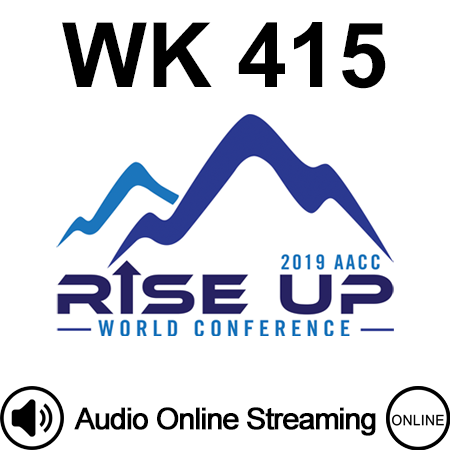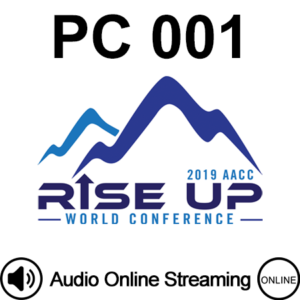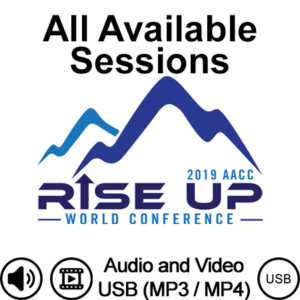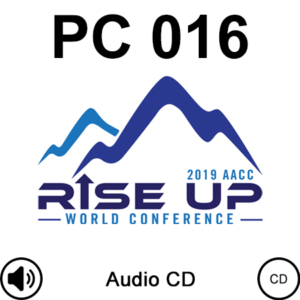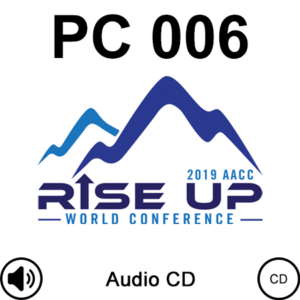Description
Couples counseling is challenging work. The pain from emotional injury, family history, and
spiritual wounds can fill the room. This session focuses on the integration of two popular and
successful approaches to treating couples in counseling ministries. The Sells and Yarhouse
(2011) attachment-based Grace model and the Ripley and Worthington (2015) Cognitive-based
Hope model are offered in combination to aid you in your work in Christian counseling and
ministry. In this presentation, the emotional attachment-based Grace model and the cognitive-
behavioral Hope model will be presented by Sells and Ripley as a single intervention. Couples
counseling is a major focus for pastors and Christian counselors. However, working with high-
conflict couples also brings to our offices, well, a great deal of conflict! As a result, we secretly
prefer to see the non-conflicted couples???the ones who get better in three sessions… the ones
who really do not need to see a counselor! This workshop will bring findings from recent
research showing how counselors can help couples address emotional intensity, anger, despair,
and hopelessness into constructive therapeutic experiences. This session will move counselors
through a progressive model. The first focus is on helping couples form a common hope when
they typically push against collaborating. The second focus is learning to reframe
defensive/offensive actions that stalemate couples from goal attainment. The third focus is
implementing relational grace as a means to work through impasses by identifying individual
interests, which run parallel to couples?۪ goals.
Presented by: Jim Sells, Ph.D.
Learning Objectives
Participants will:
- Understand the conflict processes that stalemate couples’ efforts toward goal attainment
- Rehearse the steps to overcoming couple impasses
- Practice the model of relational grace and hope in mock counseling experiences

